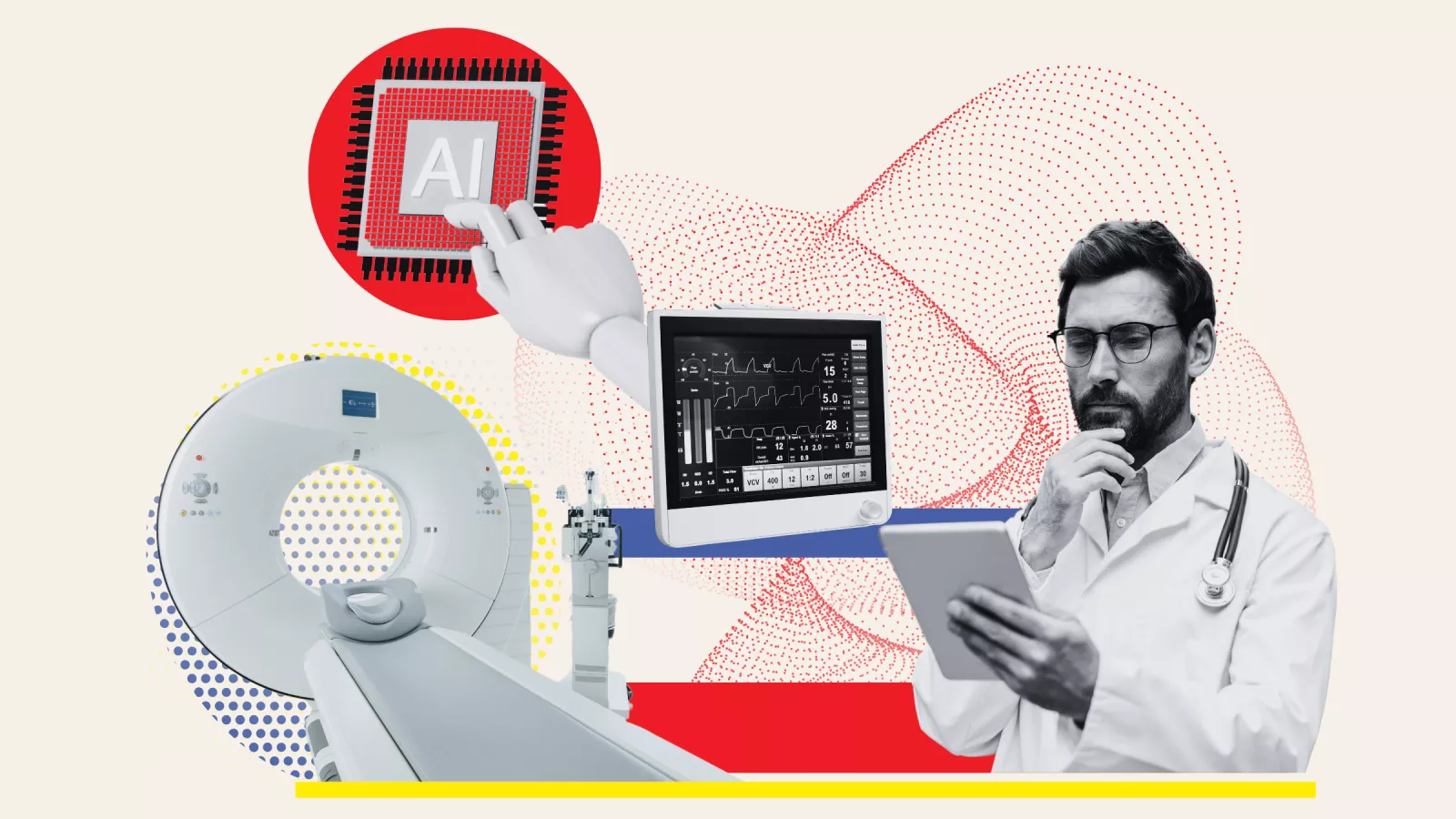AI in Healthcare: The High-Stakes Gamble Hospitals Can't Ignore

The Rapid Rise of AI in Healthcare: A Race Against Technological Transformation
The healthcare landscape is experiencing an unprecedented technological revolution, with artificial intelligence (AI) advancing at a breathtaking pace that's leaving many health systems struggling to keep up. As cutting-edge AI technologies emerge almost daily, healthcare organizations find themselves in a challenging position of adapting and integrating these innovations while maintaining patient care quality and operational efficiency.
The speed of AI's evolution is both exhilarating and overwhelming. Healthcare leaders are increasingly aware that their traditional systems and processes are being rapidly outpaced by intelligent technologies that promise to revolutionize diagnosis, treatment, and patient management. From predictive analytics to advanced diagnostic tools, AI is not just a futuristic concept but an immediate, transformative force.
However, this technological tsunami presents significant challenges. Many healthcare systems are grappling with fundamental questions: How quickly can they integrate these technologies? What infrastructure changes are necessary? How will they train staff to work alongside AI-driven systems? The uncertainty is palpable, and the confidence gap is widening.
As AI continues its relentless march forward, healthcare organizations must become agile, forward-thinking, and willing to embrace radical technological change. The future of healthcare depends on their ability to not just keep up, but to lead the charge in this exciting new era of intelligent medical innovation.








